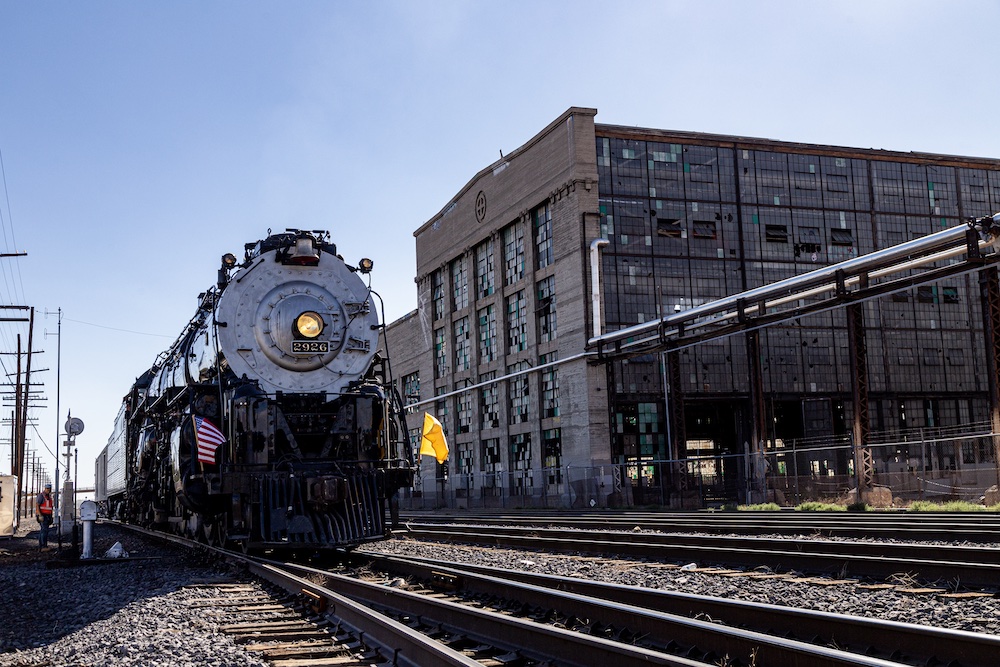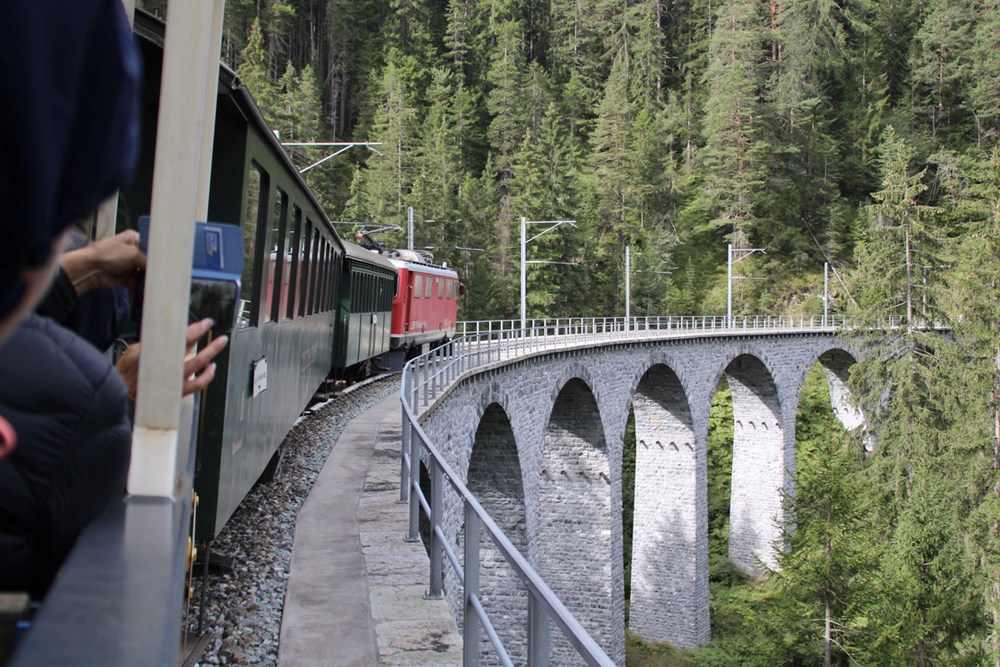Caltrain schedule changes include two more weekday trains
 Caltrain will make schedule changes as of March 22, adjusting its weekday and weekend schedules to support regional transit connections. In a press release, the commuter railroad says the changes will maintain connections with BART at the Millbrae Transit Center to coincide with BART’s March 22 schedule changes [see “Digest: Transportation Safety Board of Canada releases report …,” Trains News Wire, March 17, 2021]; increase weekday service from 68 to 70 trains; adjust weekday departure times to improve schedule reliability; and modify weekend service to and from San Jose’s Tamien station to meet ridership demand. New weekday schedules are available here; weekend schedules are here.
Caltrain will make schedule changes as of March 22, adjusting its weekday and weekend schedules to support regional transit connections. In a press release, the commuter railroad says the changes will maintain connections with BART at the Millbrae Transit Center to coincide with BART’s March 22 schedule changes [see “Digest: Transportation Safety Board of Canada releases report …,” Trains News Wire, March 17, 2021]; increase weekday service from 68 to 70 trains; adjust weekday departure times to improve schedule reliability; and modify weekend service to and from San Jose’s Tamien station to meet ridership demand. New weekday schedules are available here; weekend schedules are here.
Shortage of operators to slow resumption of San Francisco Muni light rail service
Three of San Francisco Muni’s light rail lines are unlikely to resume operation before early 2022, reflecting a shortage of operators, according to the transit director for the San Francisco Municipal Transportation Agency. The San Francisco Examiner reports Muni is likely to only be at 85% of pre-pandemic service levels by the beginning of 2022, as opposed to the current level of 70%. The agency currently has more than 800 job vacancies that would need to be filled before it could operate at full strength, which is why the L-Taraval, M-Ocean View and K-Ingleside light rail routes are unlikely to restart this year.
West Coast Express to upgrade locomotive fleet
Locomotives for the West Coast Express, the commuter rail operation serving Vancouver, British Columbia, will receive a $21 million upgrade. The website Daily Hive reports engines in six of the system’s seven locomotives will be refurbished to extend their lifespan by 15 years, and the head-end power units will be replaced with units that reduce emissions, are more efficient, and can handle longer trains. One additional locomotive will also be acquired. The project will be funded by $10.2 million from the federal government, $9.2 million from the provincial government, and $1.5 million from transit agency TransLink.













